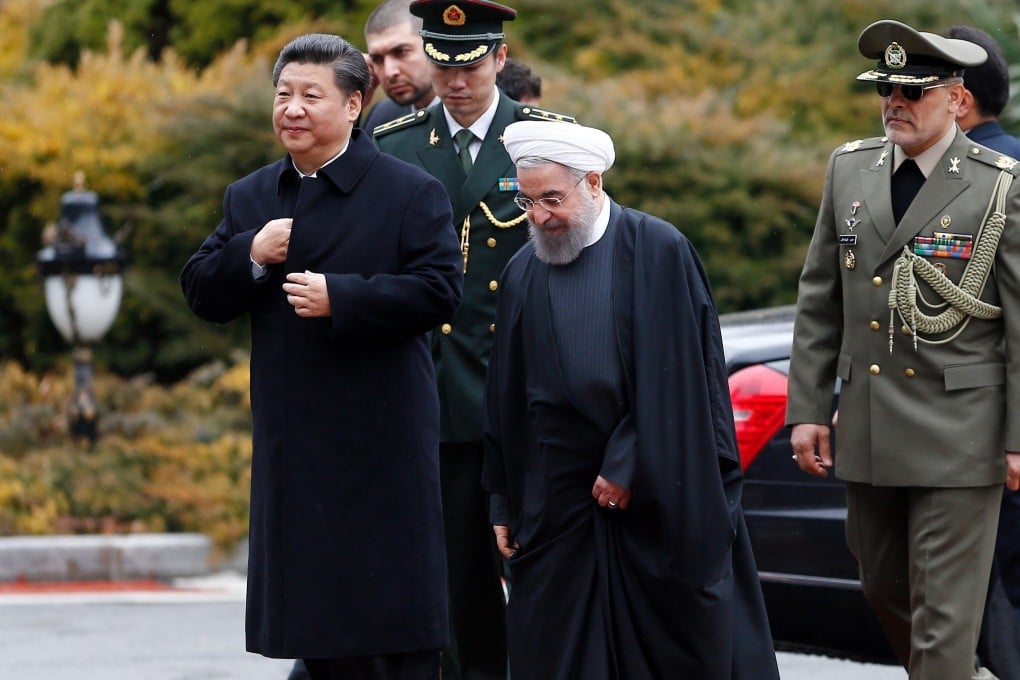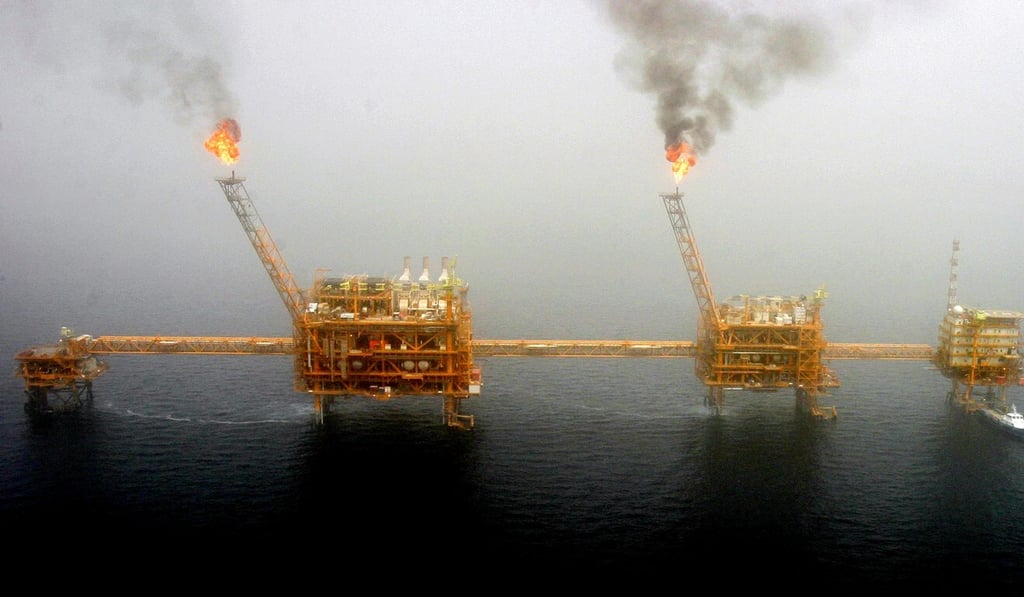How the China-Iran economic and security deal endangers India’s strategic interests in the Middle East
- The deal, which throws Iran a vital lifeline and gives China access to Iran’s hydrocarbon reserves, imperils India’s strategic stake in the Chabahar port project

An 18-page draft agreement spells out an outlay of Chinese investments worth US$400 billion into the Iranian economy over 25 years. Of this, US$280 billion will be funnelled into the oil and gas sector and the remaining US$120 billion into other core sectors including banking, telecommunications, ports and railways. In return, China will get a steady supply of Iranian oil at a heavily discounted rate for 25 years.
Iran’s vast military and hydrocarbon reserves will be a valuable asset to Beijing, in that they can help fuel its expansionist global projects. Both countries are also on the same page in their zeal to shake up a US-centric international order. Viewed in this light, the deal cocks a snook at Western – specifically American – economic and geopolitical might.

